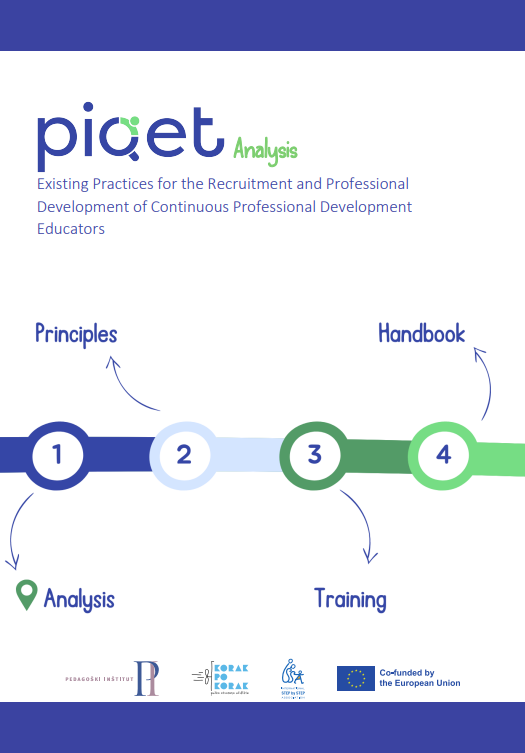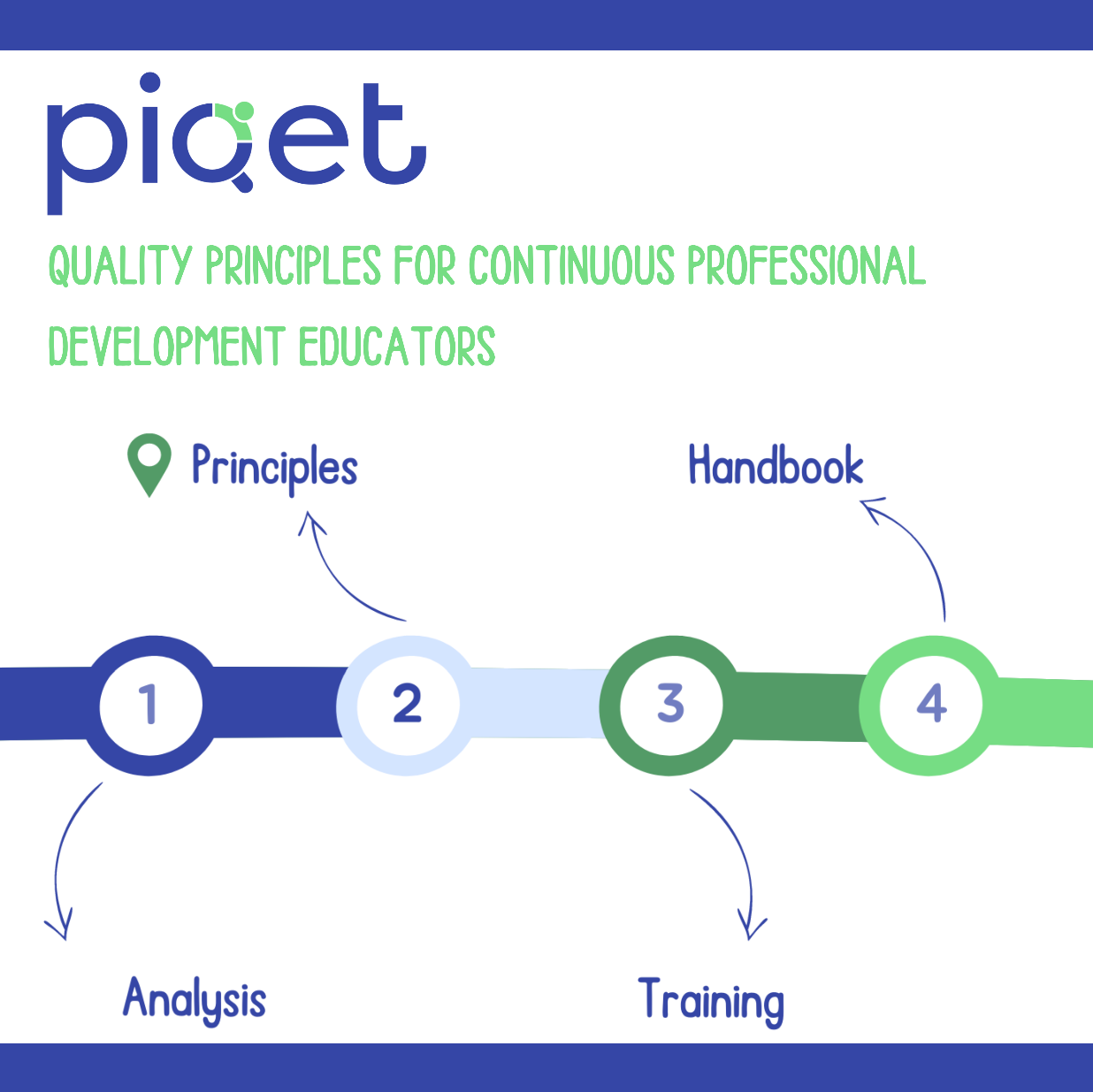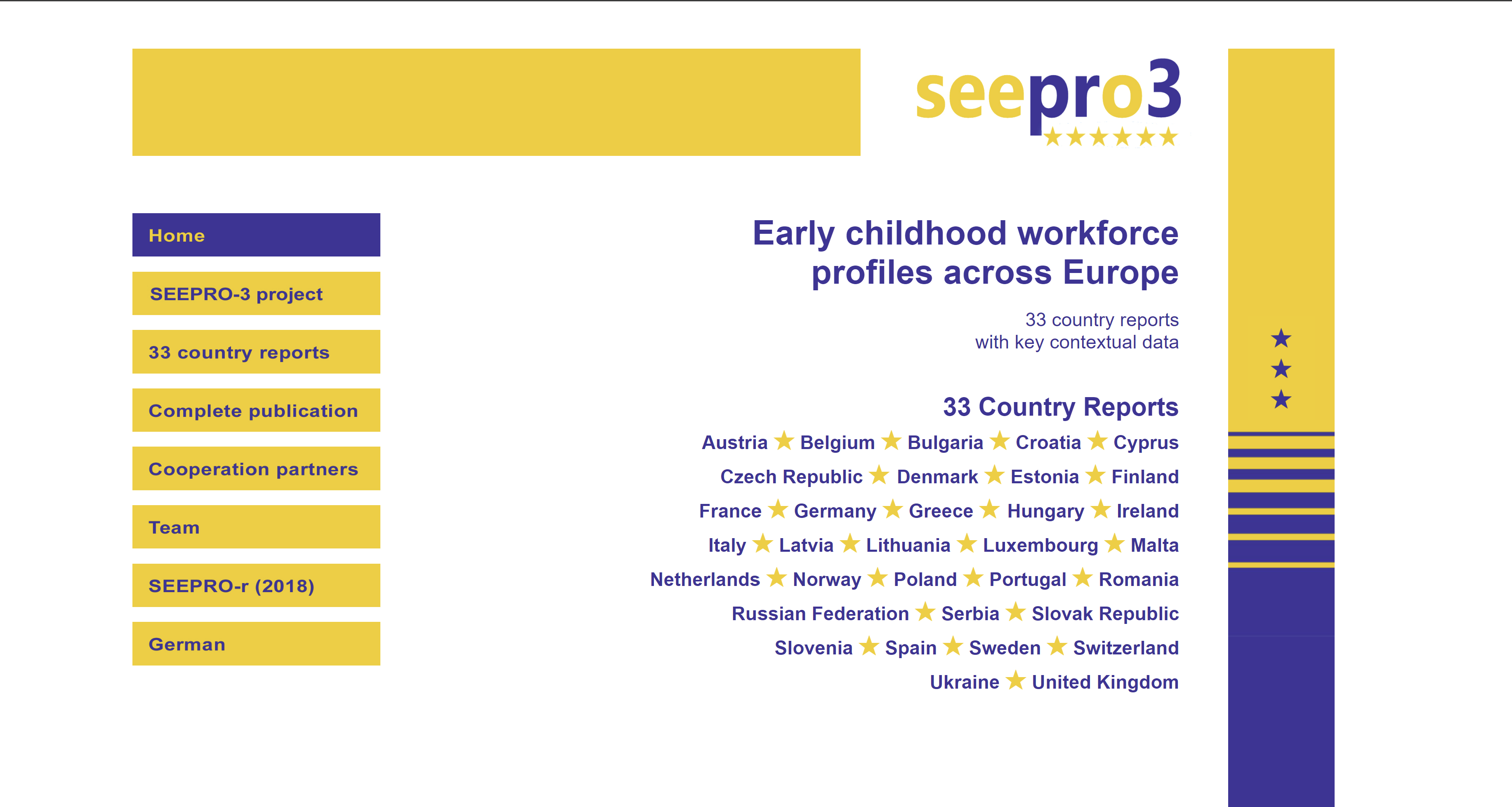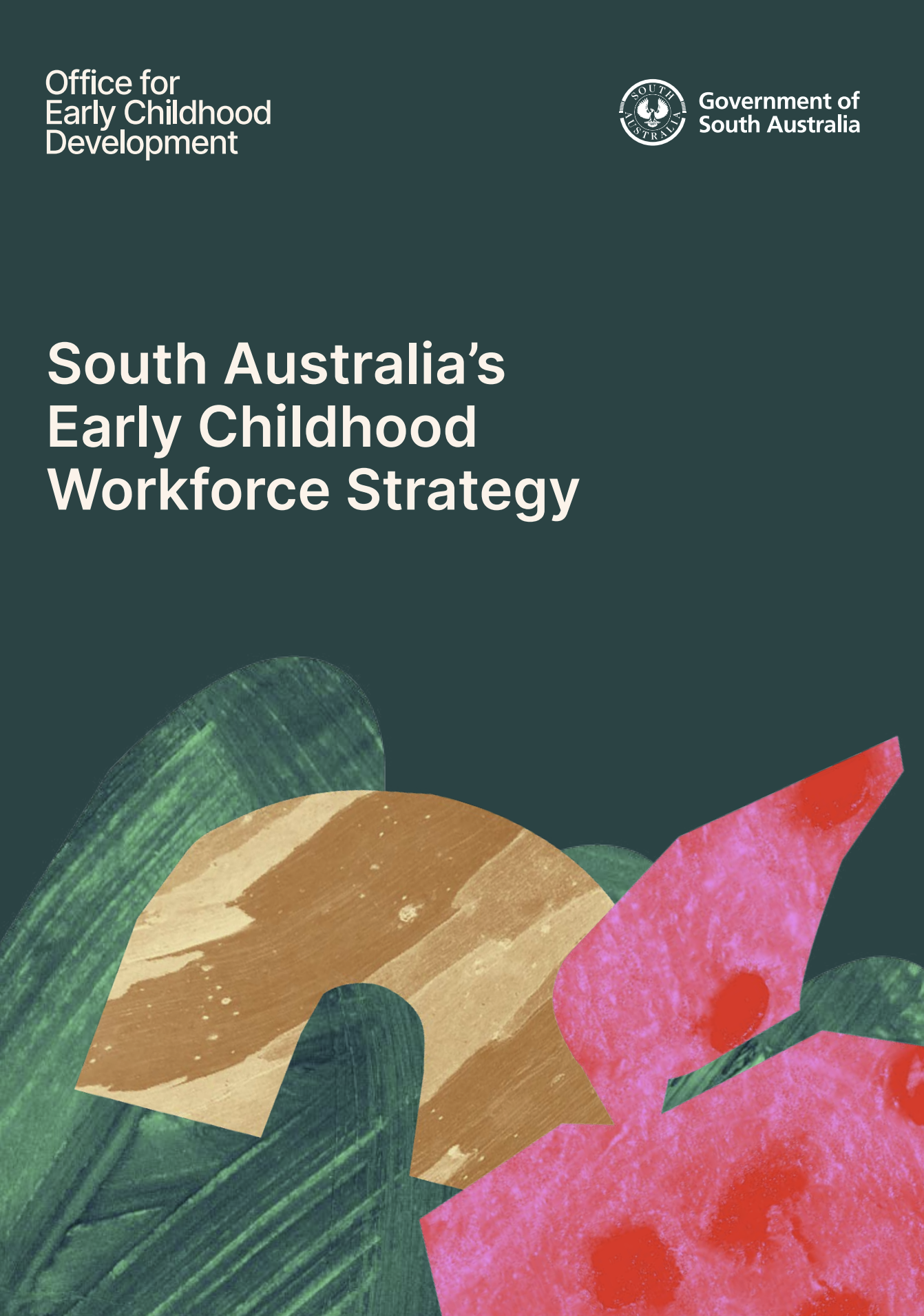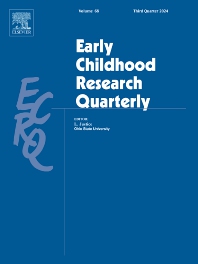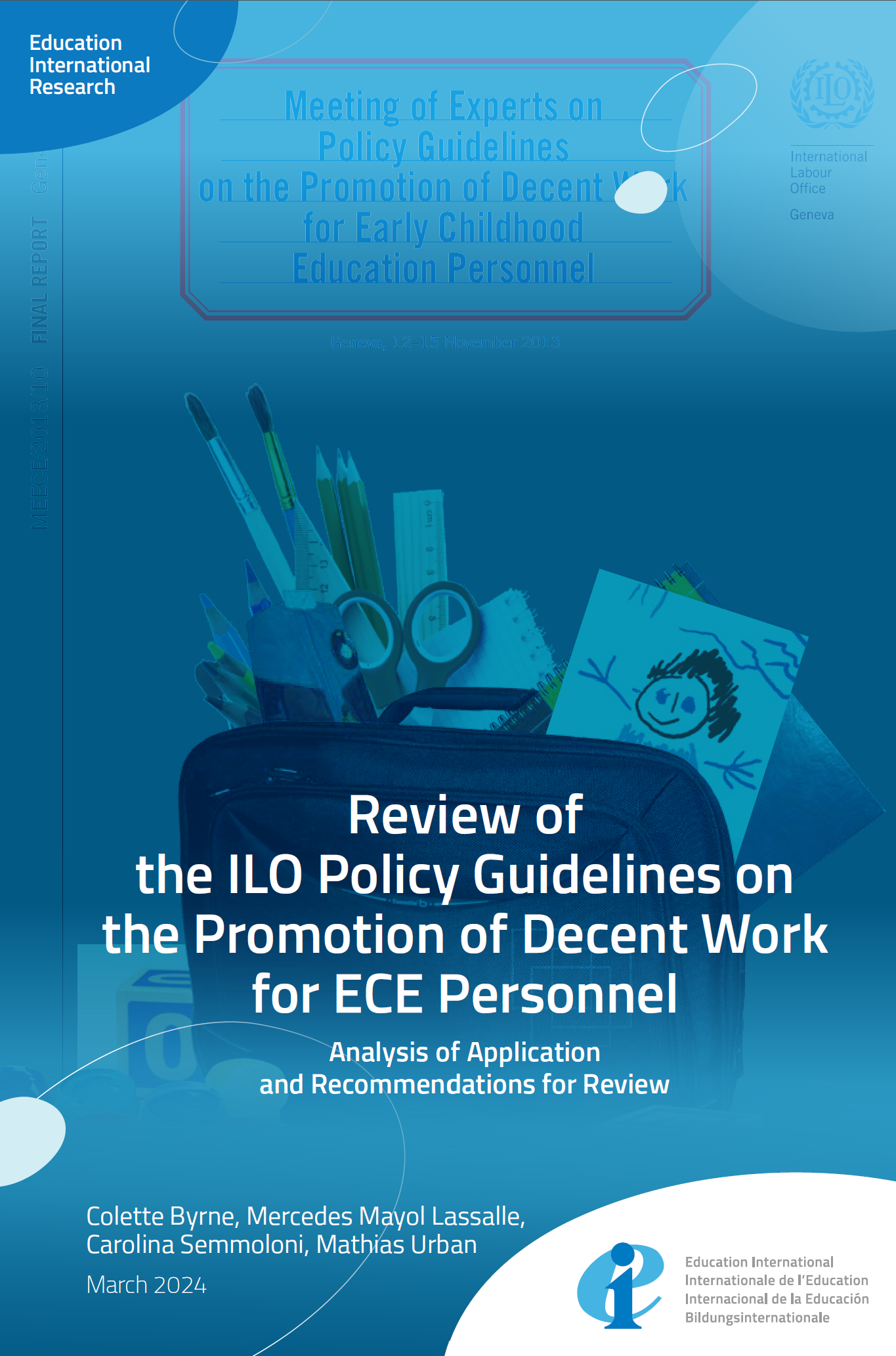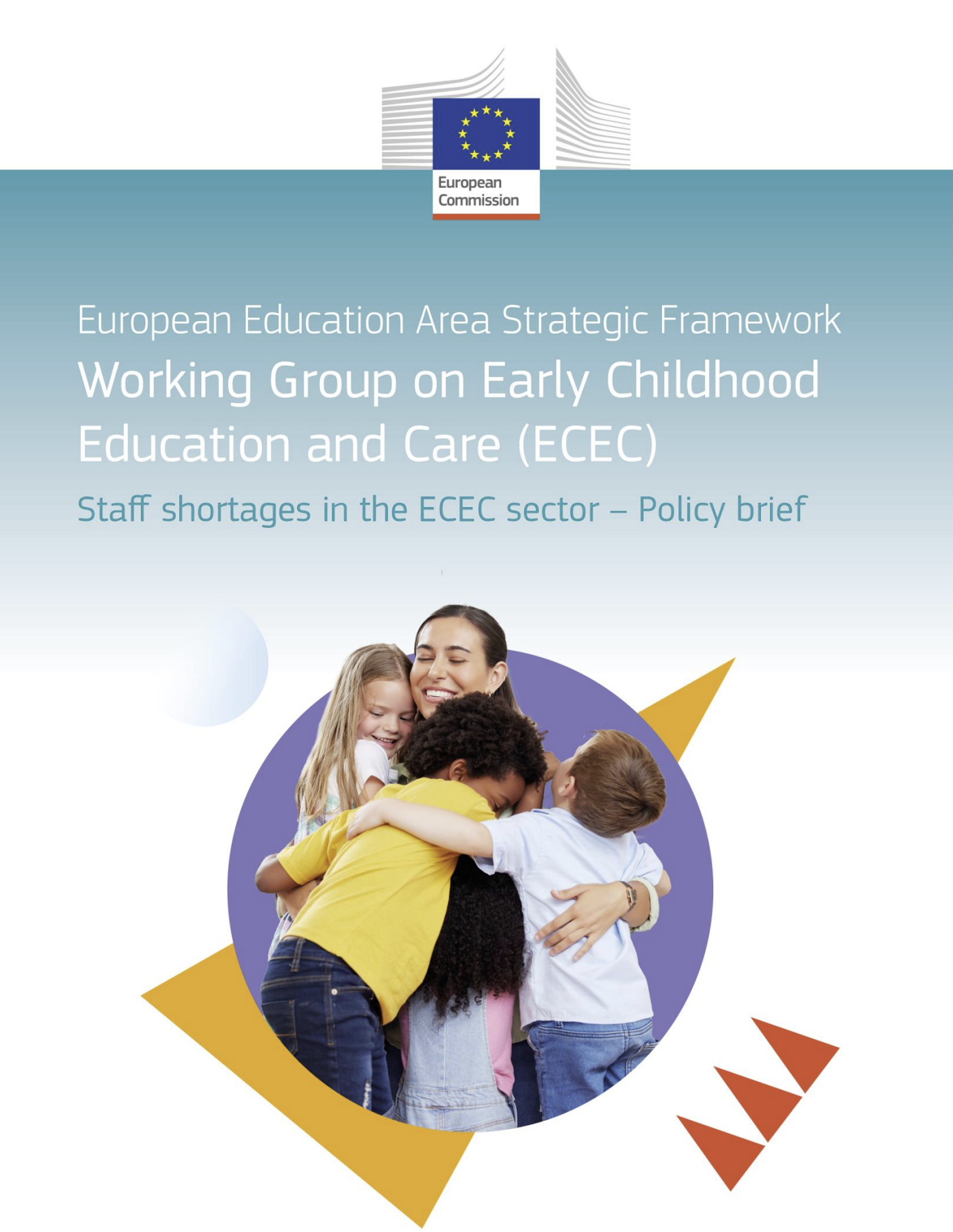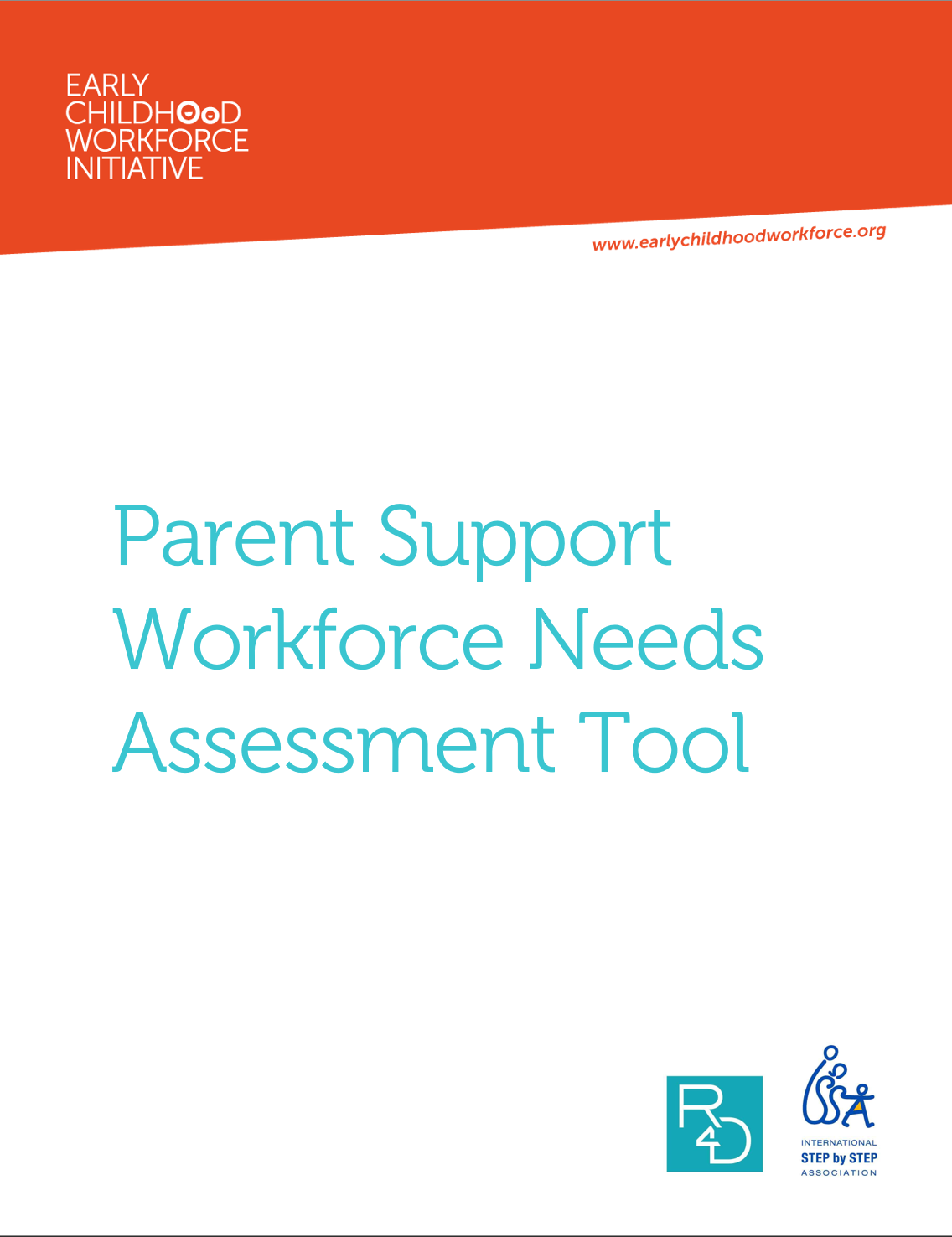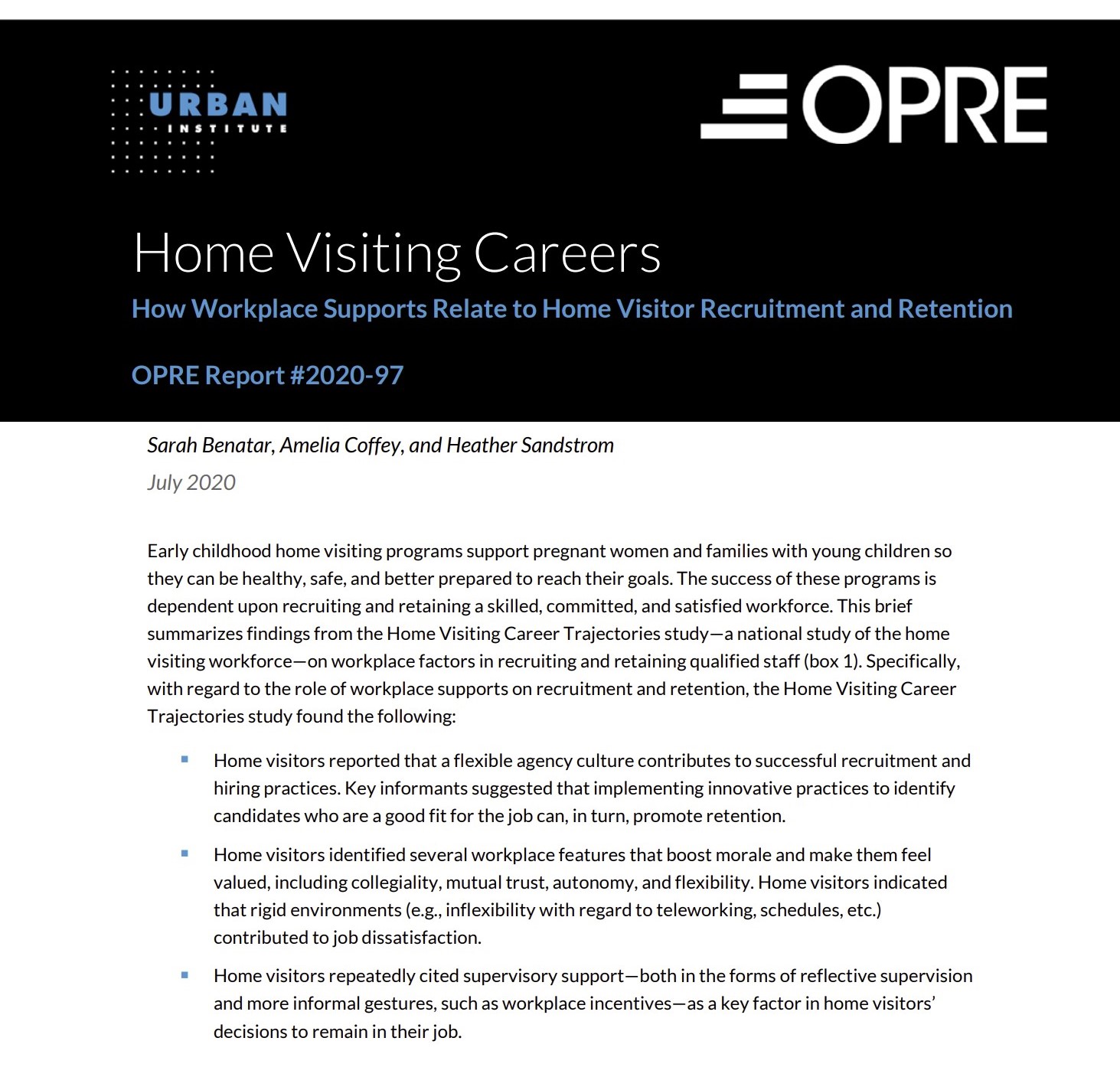Aspects of Well-being for the Child Care and Early Education Workforce
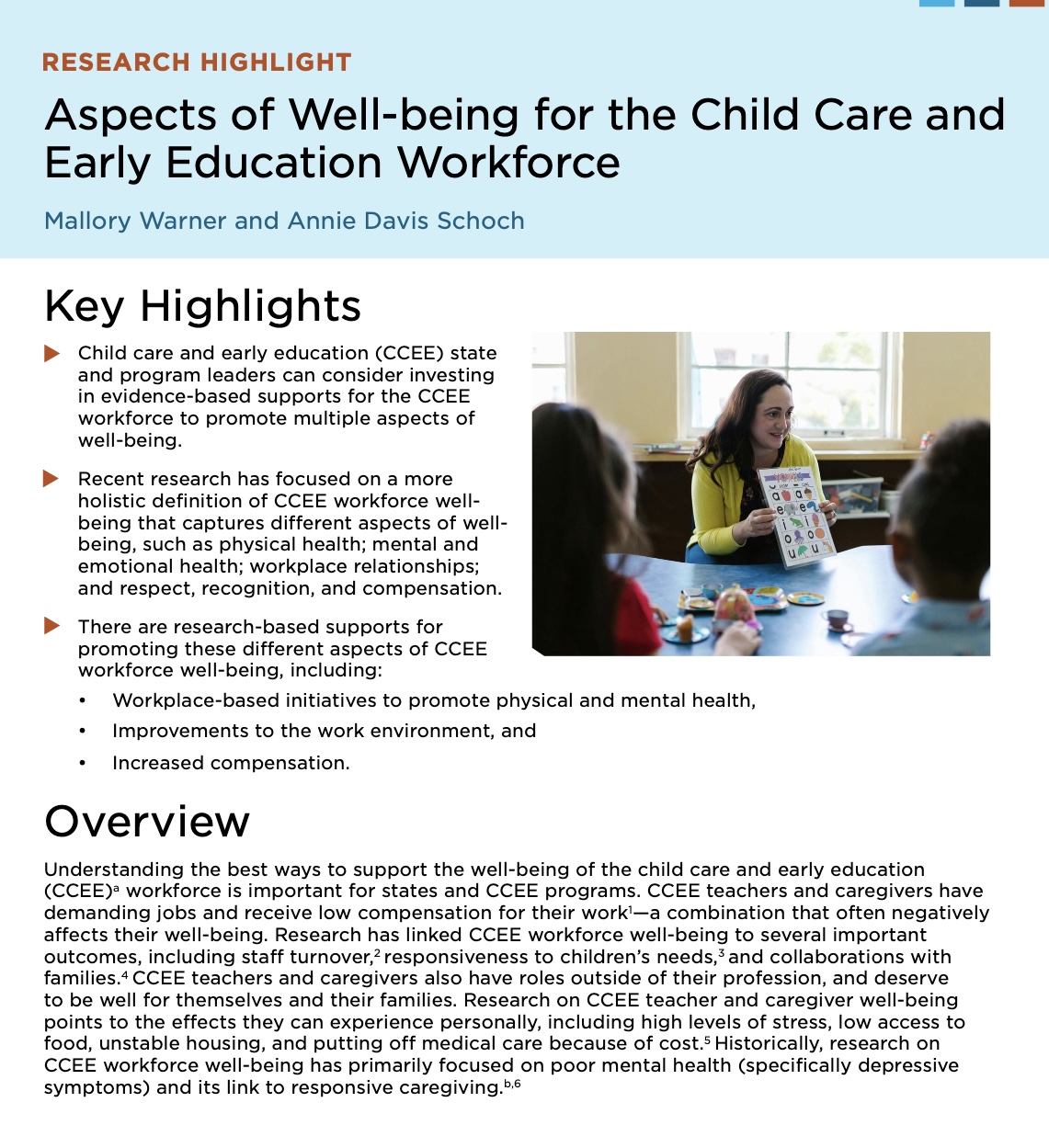
Understanding the best ways to support the well-being of the child care and early education (CCEE) workforce is important for states and CCEE programs. CCEE teachers and caregivers have demanding jobs and receive low compensation for their work—a combination that often negatively affects their well-being. Research has linked CCEE workforce well-being to several important outcomes, including staff turnover, responsiveness to children’s needs, and collaborations with families. CCEE teachers and caregivers also have roles outside of their profession, and deserve to be well for themselves and their families. Research on CCEE teacher and caregiver well-being points to the effects they can experience personally, including high levels of stress, low access to food, unstable housing, and putting off medical care because of cost.
Historically, research on CCEE workforce well-being has primarily focused on poor mental health (specifically depressive symptoms) and its link to responsive caregiving. This research has focused on disparities in well-being among different types of teachers and caregivers, as well as disparities between the CCEE workforce and other sectors. Only in the past decade have researchers focused on a more holistic definition of well-being, on ways to improve well-being, and on tailored strategies that may be needed to improve CCEE workforce well-being across different types of settings.
Authors: Publication:Office of Planning, Research & Evaluation - U.S. Department of Health & Human Services
Year of Publication:2024


